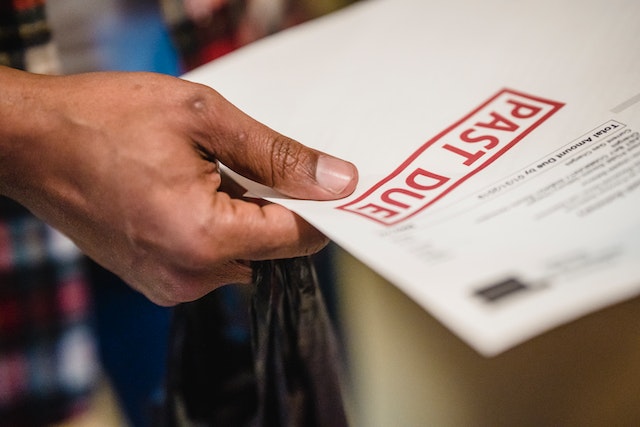When you are filing for bankruptcy, this process can be incredibly difficult to navigate on your own. However, when you find that the bankruptcy chapter you’ve filed is no longer in your best interest, you may feel at a loss, as this process was supposed to help you regain control of your finances. Luckily, you may be eligible for a bankruptcy conversion. If you’re unsure what it means to convert your bankruptcy case or how this process works, you’ll want to continue reading. The following blog and Franklin County bankruptcy lawyers can help you determine if this option is right for your needs.
What Does It Mean to Convert a Bankruptcy Chapter, and When Might I Need To?
In some instances, you may be required to change your bankruptcy case from one chapter to another, like changing from Chapter 7 to Chapter 13 or vice versa.
There are several reasons why you may need to convert your bankruptcy case to a different chapter. The primary reason is that they may be struggling to meet the terms and conditions of their bankruptcy case, which is often the situation for those in a Chapter 13 filing who can no longer satisfy the payments. However, a Chapter 7 case may also need to be converted if the debtor comes into extra income that can help them meet the terms and conditions of their repayment plan.
However, those are not the only circumstances in which someone may need to convert their bankruptcy case. In some instances, those who have filed Chapter 13 may wish to surrender an asset like a car or home after they have filed, meaning they can convert to Chapter 7 to initiate this process. You should also note that in some instances, the court can require you to convert chapters, especially if you lied about certain assets to protect them.
What Else Should I Know About This Process?
One of the most important things you should keep in mind when pursuing a conversion is that if you are moving from Chapter 13 to Chapter 7, you’ll likely need to pass the means test in order to qualify. While some courts do not require this, the vast majority of jurisdictions require you to be eligible before converting. As such, if you are on a Chapter 13 repayment plan because you did not qualify for Chapter 7 previously, you should discuss this matter with an experienced attorney as soon as possible.
You should also note that while you generally reserve the right to request a conversion during this process, it is ultimately up to the court to decide whether or not to grant this request.
As you can see, bankruptcy can be an incredibly complicated process. That is why it is critical to discuss your circumstances with an attorney to help you navigate these matters, especially if you are considering converting your case. At Cousino & Weinzimmer, our team can examine your circumstances to help determine if this process is right for you.




